
Experts discuss their research on the impact of sex differences in alcohol use disorder (AUD)-related sleep health.

Experts discuss their research on the impact of sex differences in alcohol use disorder (AUD)-related sleep health.

Results of a post-hoc analysis underscore the efficacy of the Idiopathic Hypersomnia Severity Scale to measure symptoms of idiopathic hypersomia.
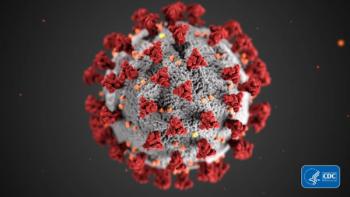
Several studies presented at SLEEP 2021 highlight the negative impact COVID-19 has had on youth sleep health.
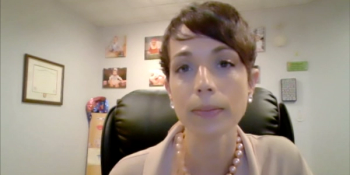
Anne Marie Morse, DO, pediatric neurologist and sleep medicine specialist, Geisinger, discusses factors contributing to insufficient screening of obstructive sleep apnea (OSA) in patients with stroke and how a team-based approach fared in expediting diagnosis.

Research presented at SLEEP 2021 underscores the important role of sleep for firefighters, soldiers, and flight crew members.

Rajasi Mills, MS, vice president, SleepIQ Health, Sleep Number, speaks on the practical use of Sleep Number 360 smart beds in measuring sleep metrics and leveraging data to identify symptoms characteristic of COVID-19 and other respiratory illnesses.

Isabelle Arnulf, MD, PhD, senior neurologist, and professor, Neurology, Sorbonne Universités, Pierre and Marie Curie University, discusses findings of significant improvement observed in patients with idiopathic hypersomnia undergoing lower-sodium oxybate treatment.
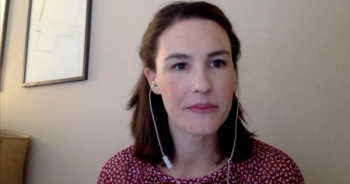
Katharine Simon, PhD, clinical pediatric psychologist, and postdoctoral researcher, Sleep and Cognition Lab, UC Irvine, explains the influence of the autonomic nervous system on body functions and recommendations for patients experiencing autonomic imbalance and sleep dysregulation.
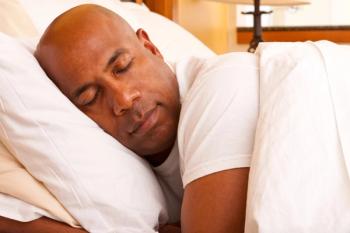
A session presented at Virtual SLEEP 2021 highlights the social and environmental factors that impact sleep health.

Shalini Paruthi, MD, medical codirector, St. Luke’s Hospital, Sleep Medicine and Research Center, and cochair of SLEEP 2021, highlights discussion topics that will address best practices for evaluating, diagnosing, and treating common sleep disorders.
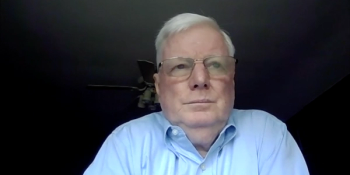
Michael Thorpy, MD, director of the Sleep-Wake Disorders Center, Montefiore, and professor of neurology, Albert Einstein College of Medicine, discusses aspects of the Idiopathic Hypersomnia Severity Scale, and how it fared in measuring symptoms of idiopathic hypersomnia compared with traditional scales.

Abstracts presented at SLEEP 2021 include real-world data characterizing individuals with central disorders of hypersomnolence.
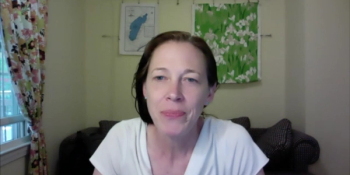
Rebecca Spencer, PhD, professor, Department of Psychological and Brain Sciences, University of Massachusetts Amherst, and co-chair of SLEEP 2021, highlights takeaways from this year’s meeting and discussions she’s looking forward to.

Shalini Paruthi, MD, medical codirector, St. Luke’s Hospital Sleep Medicine and Research Center, and cochair of SLEEP 2021, discusses the sessions and discussions she is looking forward to at this year's meeting.

This year's SLEEP 2021 virtual conference offers a wide range of sessions on topics relating to sleep disorder treatment and management.

In this session, Daniel Picchietti, MD, discussed changes to the diagnostic guidelines for restless legs syndrome/Willis-Ekbom disease published jointly by the International Restless Legs Syndrome Study Group and the National Institutes of Health.

In this session, Stephany Fulda, PhD, discussed the common causes of restless leg syndrome (RLS), considerations for the clinical application of treatment strategies for RLS, and changes to treatment guidelines for RLS that may be on the horizon.

Dr Thomas Roth, PhD, presented on the evolution of our understanding of insomnia, and the importance of insomnia in the context of other disease states. Roth noted that insomnia is primarily a disorder of increased wakefulness from a pathophysiologic standpoint, and presented data to support this. Presenting the effect of improved sleep on diseases such as depression, worker productivity, and cardiovascular disease, Roth revealed rich prospects for the future of sleep medicine in treating a variety of disorders.

In this video, Phyllis Zee, MD, Associate Director, Center for Sleep & Circadian Biology, discusses the relationship between circadian disruption and metabolic disease.

In this video, Denise Sharon, MD, PhD, Clinical Director and Founding Partner, Comprehensive Sleep Medicine Center of the Gulf Coast, discusses how insurers have responded to the availability of therapies and changes in clinical practice guidelines for RLS.

In a session on the neurobiology of sleep loss in humans, Andrea Spaeth, Daniel Aeschbach, PhD, and Clare Anderson, PhD, presented findings about the effects of sleep deprivation on various biological measures in humans.
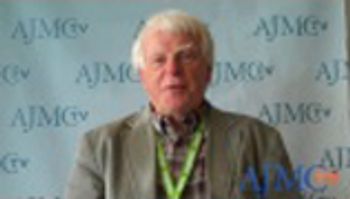
In this video, James Horne, PhD, Director, Sleep Research Centre, provides his opinion on the relationship between lack of sleep and obesity.

In this presentation, Dr. Van Dongen discussed the pharmacology of various treatments for sleep disturbance associated with shift work. Dr. Van Dongen discussed the issues associated with use of medications to improve the alertness of sleepy workers.
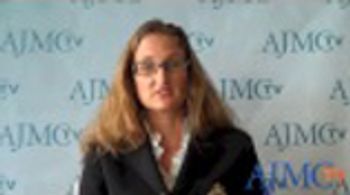
In this video, Jennifer Martin, PhD, Assistant Professor, UCLA, David School of Medicine, discusses how the effectiveness of cognitive behavioral treatment for insomnia among patients with dementia compare with current pharmacologic strategies.

The electroencephalogram (EEG) provides important information to aid clinicians in the diagnosis of epilepsy. However, EEG techniques are associated with certain limitations, as discussed in the presentation by Bradley V. Vaughn, MD.
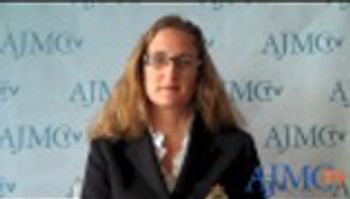
In this video, Jennifer Martin, PhD, Assistant Professor, UCLA, David School of Medicine, shares her thoughts on how non-pharmacologic treatments for the management of insomnia has evolved over the past few years and how the increased use of behavioral treatments might affect insurance coverage.

Sleep disorders are common in patients with epilepsy; approximately 70% of patients with epilepsy experience problems with sleep. In his presentation, Dr Erik St. Louis discussed the impact of sleep on seizures, as well as the effects of comorbid sleep disorders on epilepsy.

In his presentation, Gary H. Gibbons, MD, director of the National Heart, Lung, and Blood Institute at the National Institutes of Health, described the functions of his organization and discussed the potential for improvements in the understanding of disease states in the digital age.
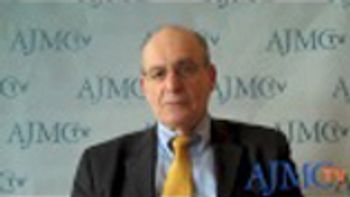
In this video, Thomas Roth, PhD, Professor, Department of Psychiatry, Wayne State University School of Medicine, provides his opinion on the most important advance in our understanding of insomnia pathology in recent years.

259 Prospect Plains Rd, Bldg H
Cranbury, NJ 08512
© 2025 MJH Life Sciences®
All rights reserved.
